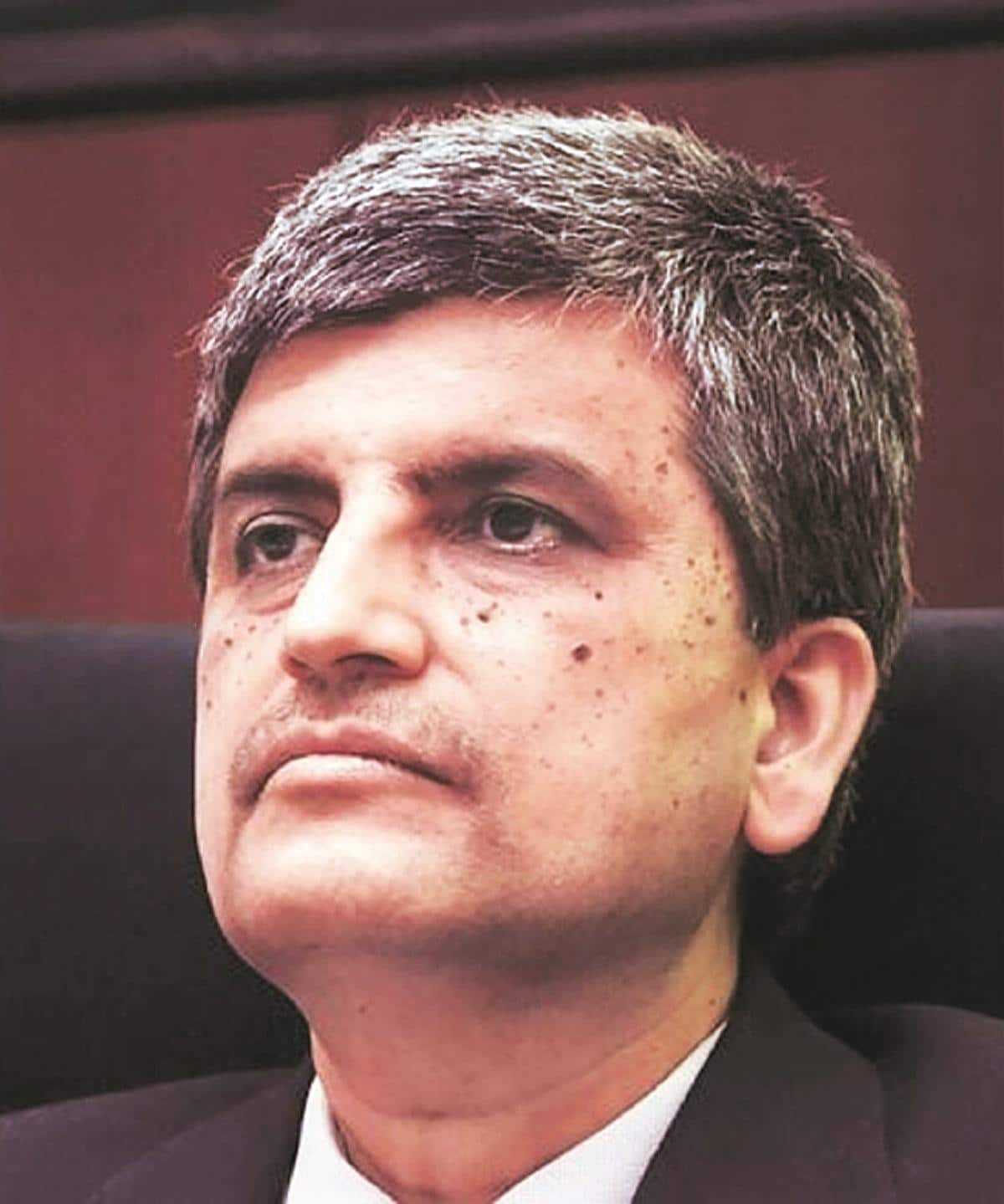Economic Affairs Secretary Ajay Seth on Friday said digital public infrastructure (DPI) has led to savings of over USD 27 billion in government schemes, and achieve greater financial inclusion in a short period.
The use of direct benefit transfer (DBT) in the last one decade has ensured money reached to targeted beneficiaries and bogus accounts are weeded out. This has helped in huge savings of taxpayers’ money.
Sharing India’s success story on the financial inclusion front, Seth said India has achieved 80 per cent account opening penetration from 20 per cent within a span of 7-8 years with DPI, which would have taken 47 years in the normal course as per a study by the Bank of International Settlements.
“We developed a solution approach for delivering best-in-class services to the last mile and even in the most remote parts of the country. Our achievements are well known in numbers. Since the launch of the digital identity number, Pradhan Mantri Jan Dhan Yojana PMJDY in 2014, over 500 million bank accounts have been opened,” he said.
Out of this, 56 per cent of bank account holders are women, and 67 per cent of accounts are in rural and semi-urban areas, he said at a seminar titled ‘Digital Public Infrastructure- Enabler for Advancing Financial Inclusion and Productivity Gains’.
“The average balance in these accounts is over Rs 4,000. Our digital payment systems’ UPI crossed 10 billion only in the month of August alone. Today, more than 5.5 crore Jan Dhan accounts are receiving direct benefit transfers, and government schemes have already made savings of over USD 27 billion,” he said.
Talking about the G20 New Delhi Leaders’ Declaration earlier this month, he said it emphasised the financial inclusion agenda and provided a clear directive for the use of innovative technology to advance financial inclusion and reduce cost.
He assured that India stands ready to share its technical capabilities and knowledge for the financial inclusion efforts of the Global South.
Citing the IMF and World Bank’s recent report, he said they have indicated now that the DPI approaches are capable of solving societal problems at scale even under the crisis.
DPI facilitates innovations that are effective for the public and private sectors, especially for the small and medium enterprises of emerging countries and advanced economies, he said.
Observing that financial inclusion is a key enabler to achieve higher growth and sustainable development goals, he said despite significant progress made in advancing financial inclusion since 2010, 1.4 billion people in the world still remain unbanked.
More than 1 billion people do not have an identity, and more than 100 countries do not have any fast payment system, he said.
Against the backdrop of new challenges, Seth said the need of the hour is to identify simple, scalable, tested and sustainable solutions that can transform our societies and economies by eradicating poverty and ensuring universal healthcare and education.











